October 21, 2024 | by Silvana Jakupovic, ND
Mushrooms are part of the Fungi kingdom, and their mycelia are important for keeping the ecosystem balanced and healthy. As decomposers, they help break down dead plants and animals, which returns nutrients to the soil. This process is key because it supports plant growth and keeps the web of life in an ecosystem working.
Different species of fungi have developed to fill specific roles in their environments, which helps to increase the diversity and strength of their habitats. For example, mycorrhizal fungi form helpful partnerships with plant roots, improving how plants absorb nutrients and boosting their health.
When a fungal community is diverse and strong, it shows that the ecosystem is healthy. By knowing and supporting fungi's important role, we help keep our planet well.

Bioremediation: Mushrooms Cleaning the Earth
Mushrooms do more than help their environment; they may also help clean up polluted areas. This process is called bioremediation, which means using living organisms to eradicate polluted places. Mushrooms can break down many pollutants, like heavy metals and chemicals; because of this, they are important allies in fighting pollution.
As we learn more about mycoremediation, we can expect to find new and better ways to use this helpful technology.
Case Studies: Successful Mycoremediation Projects
Real-world applications of mycoremediation demonstrate its effectiveness in addressing various environmental challenges. One notable example is the Fire Remediation Action Coalition's project in Sonoma County, California. Following devastating wildfires that left behind toxic ash, the coalition deployed oyster mushrooms to remediate the affected areas. The mushrooms' ability to break down hydrocarbons and sequester heavy metals helped reduce the fire debris's environmental impact. Elsewhere, an architecture firm in Cleveland, Ohio, has also explored innovative uses of mushrooms for ecological restoration.
Another successful application of mycoremediation is in the Amazon rainforest, where indigenous communities and scientists have collaborated to utilize native fungi for cleaning up oil spills. The fungi's ability to digest hydrocarbons has shown remarkable results in restoring the delicate Amazon ecosystem.
Techniques in Mushroom Bioremediation
Several methods are used in mushroom bioremediation. Each method aims to deal with specific pollutants and environmental conditions. One common technique is simply adding mushroom mycelium to the contaminated soil, allowing the fungi to grow and release enzymes that break down the pollutants.
Choosing the right type of mushroom is important. Different species have different abilities to break down various contaminants. For example, oyster mushrooms can degrade petroleum hydrocarbons, while others may handle pesticides or heavy metals better.
Researchers continue to study and improve mycoremediation techniques, aiming to make them more efficient and suitable for different environmental situations.

Innovative Uses of Mycelium Beyond Remediation
Mycelium is the vegetative part of fungi. It not only helps with cleaning up the environment but is also a strong and flexible material. It can grow into different shapes, which makes it a great choice to replace traditional materials in many industries.
Mushroom mycelium is a new, eco-friendly option for packaging. It is made by growing mycelium on agricultural waste to create a strong, light, and biodegradable material. Mycelium packaging is a great choice to replace plastic. Plastic causes many problems for the environment; however, mycelium packaging breaks down easily in compost, with no harmful leftovers.
Many companies are now making and selling mycelium-based packaging, a sign of a turn towards better, sustainable packaging solutions. As more people want eco-friendly items, mycelium packaging will likely become more common.
Mushrooms in Waste Reduction and Recycling Efforts
Mushrooms are very important for reducing waste and recycling in the United States. They break down organic waste well, helping keep waste out of landfills and turning it into useful resources. Mushrooms can decompose complicated organic materials, making them great for composting. They also help speed up the breakdown of food scraps, yard waste, and other organic items.
By using mushrooms in our waste management, we can lower toxic gas emissions from landfills and help recycle nutrients to make good soil improvements. It all contributes to a better and more sustainable waste management system.

The Impact of Mushrooms on Composting and Organic Waste
Composting is a natural way to break down organic material and turn it into rich soil. Mushrooms are very important in this process as they help speed up the breakdown of old organic matter and improve the compost's quality.
Mushroom mycelium releases enzymes that break down tough organic compounds like cellulose and lignin. These compounds usually take a long time to decompose, but mushrooms in a compost pile speed up the process, resulting in a more nutrient-rich final product.
By supporting composting and using mushrooms, we can lower the amount of organic waste that goes to landfills. Composting helps redirect waste and makes useful resources for gardening and farming.
Transforming Agricultural Byproducts into Valuable Resources
Agricultural activities often create many byproducts that usually become waste. However, mushroom farming provides a great way to recycle these byproducts and turn them into useful resources. After harvesting mushrooms, we have spent mushroom substrate full of nutrients and organic matter.
Rather than throwing away this byproduct, we can use it as a soil amendment. This helps provide important nutrients to crops and improves the soil's growth. This practice not only cuts down on agricultural waste but also helps make better use of resources; it supports a more sustainable and efficient farming system.

Fungi and Their Contribution to Water Purification
Certain fungi are not only great at bioremediation and reducing waste, but they can also help in cleaning water. Mycofiltration is a method that uses the absorbent nature of fungal mycelium and may remove pollutants and harmful substances from water. Water pollution is a big problem because of waste from factories, farm runoff, and poor wastewater treatment. This pollution harms both people and ocean life, but fungi may help fight water pollution and keep our water supply clean and safe.
The Future of Fungal Technologies
Mushrooms are essential for protecting our environment. They may help through mycoremediation, cutting down on waste, and even providing a means to clean water. We can look into new ways to use mycelium, like in building materials and packaging, to help us reduce waste and keep our planet healthy. By using mushroom-based solutions, we help the environment and encourage better practices for a greener future.
Frequently Asked Questions
How do mushrooms contribute to environmental health?
Certain species of fungi help the environment through mycoremediation. This process allows them to break down toxins and pollutants which may clean up soil and water. This is important for keeping a healthy ecosystem.
Can mushrooms break down plastic waste?
Research shows that some mushroom types have enzymes that can break down plastic waste. This finding is still new, but it gives hope in the fight against plastic pollution worldwide.
What makes mycelium a good packaging material?
Mycelium is a green choice for packaging. It breaks down naturally and can be composted. It is strong and light, making it better than regular plastic packaging materials.
Are there any risks associated with using fungi for bioremediation?
Using fungi for bioremediation is mostly safe. However, it is important to consider the possible toxicity of some contaminants and what happens to them when they break down. More research is needed to ensure that this method is safe and works well.
How can individuals support the use of mushrooms in environmental sustainability?
People can help use mushrooms for sustainability by supporting local businesses that are into mycoremediation or growing mushrooms in a sustainable way. Engaging with ecological activists and promoting these practices also helps more people learn about them.

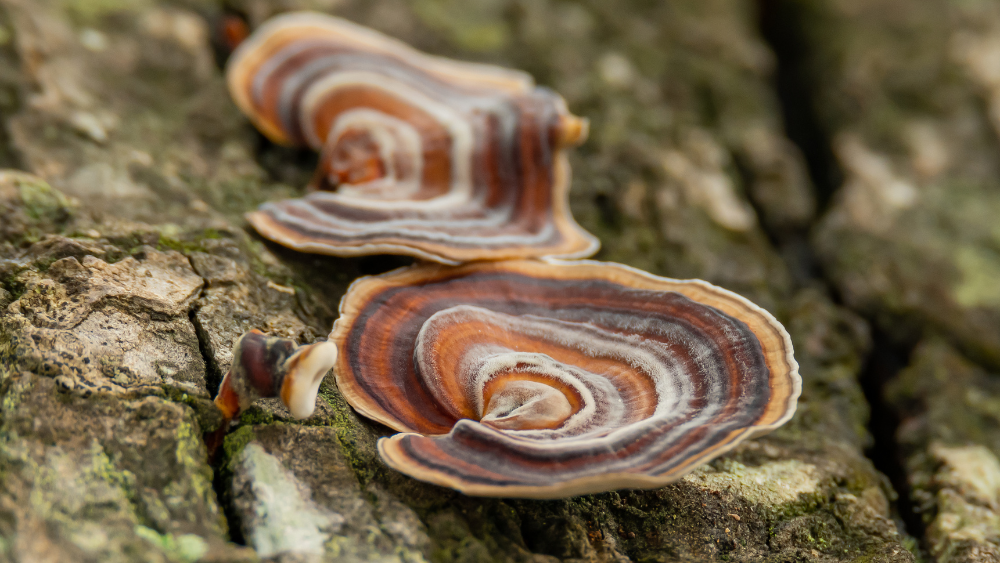
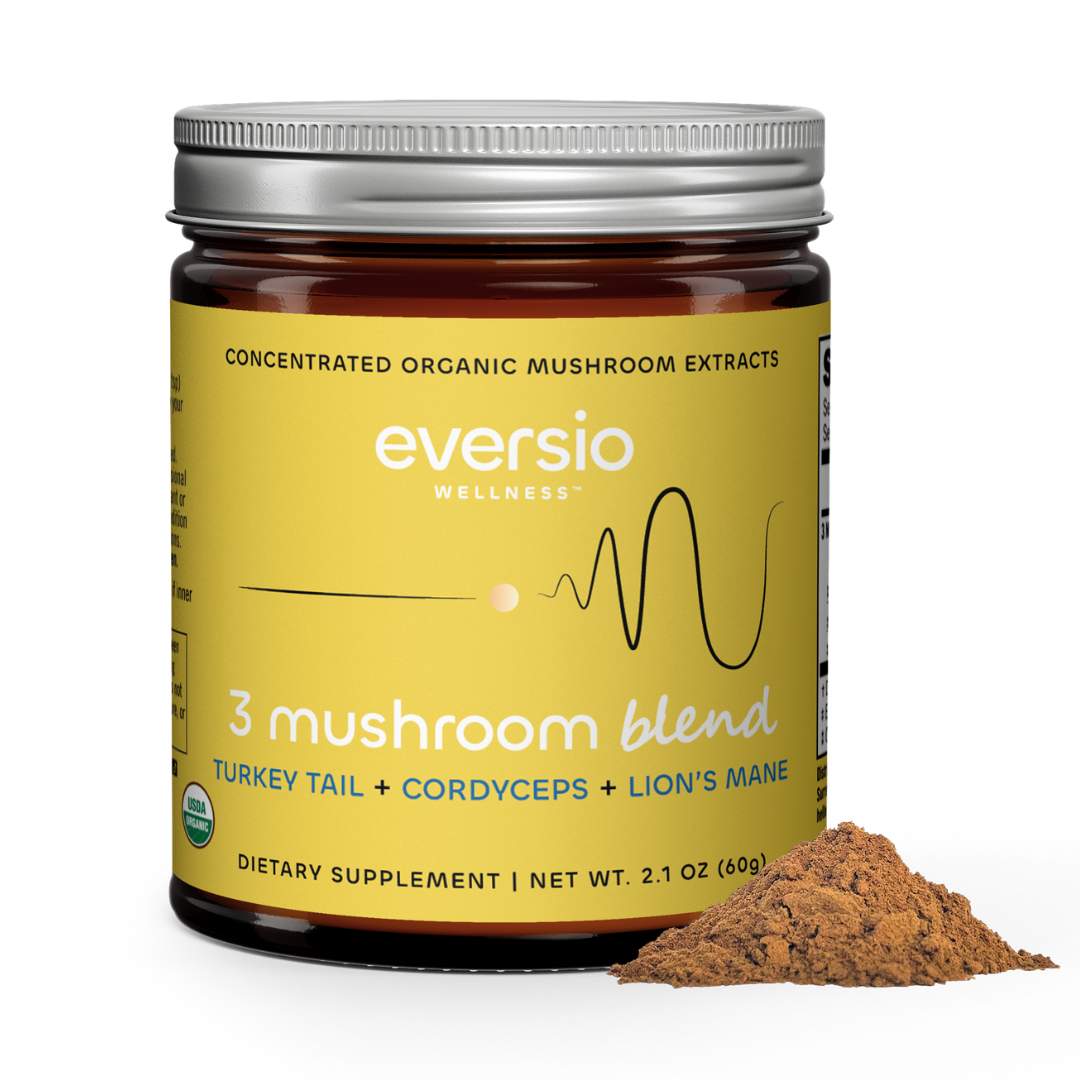
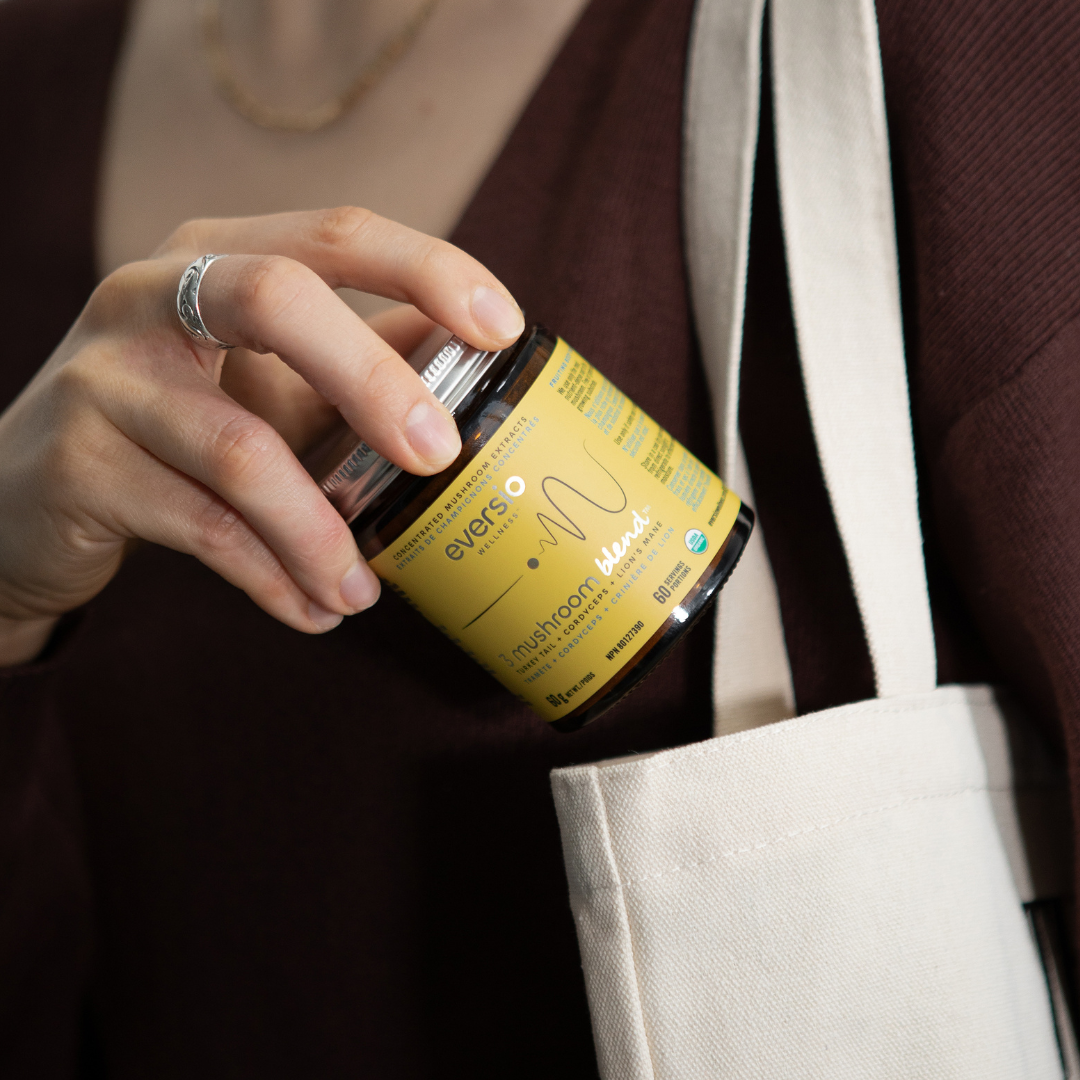

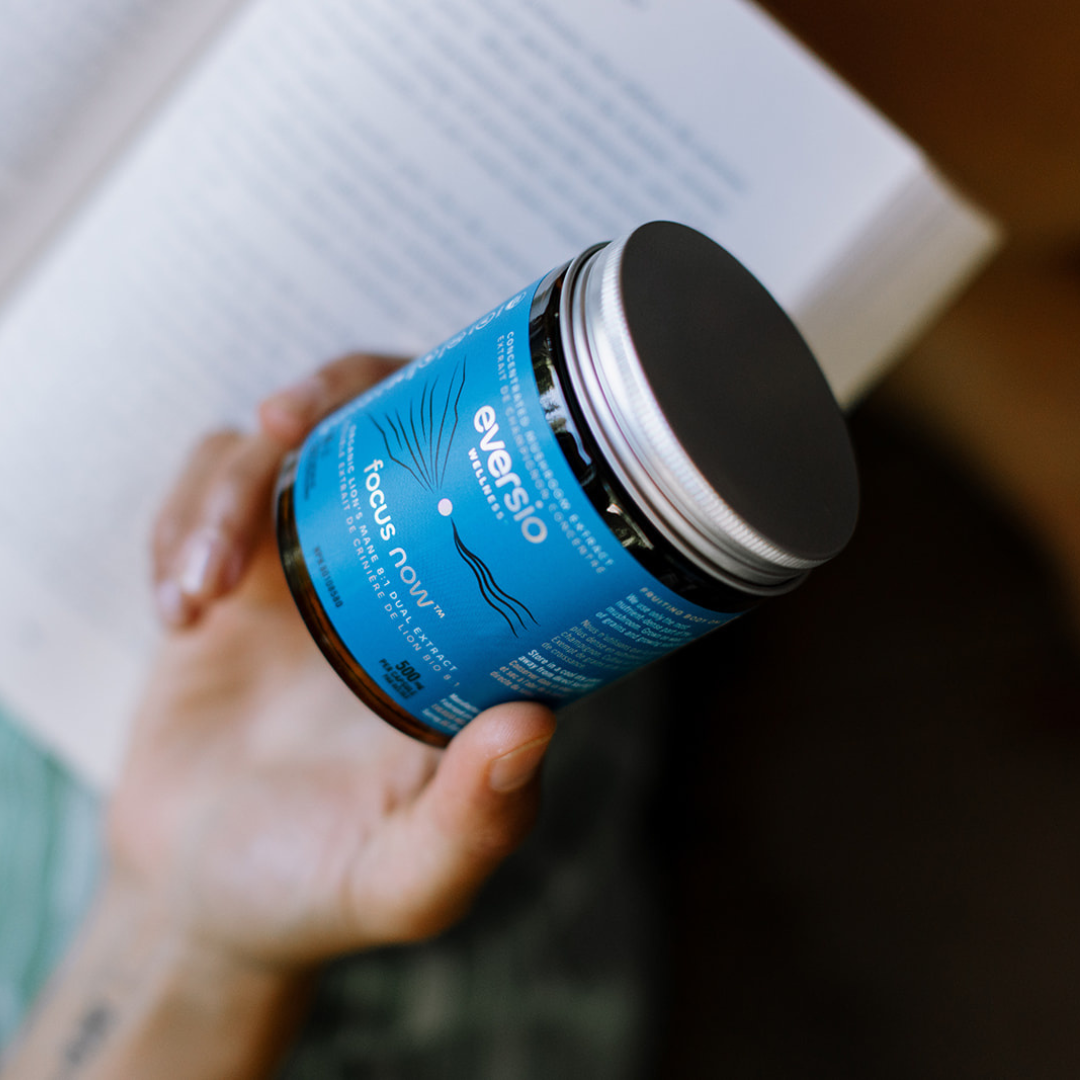
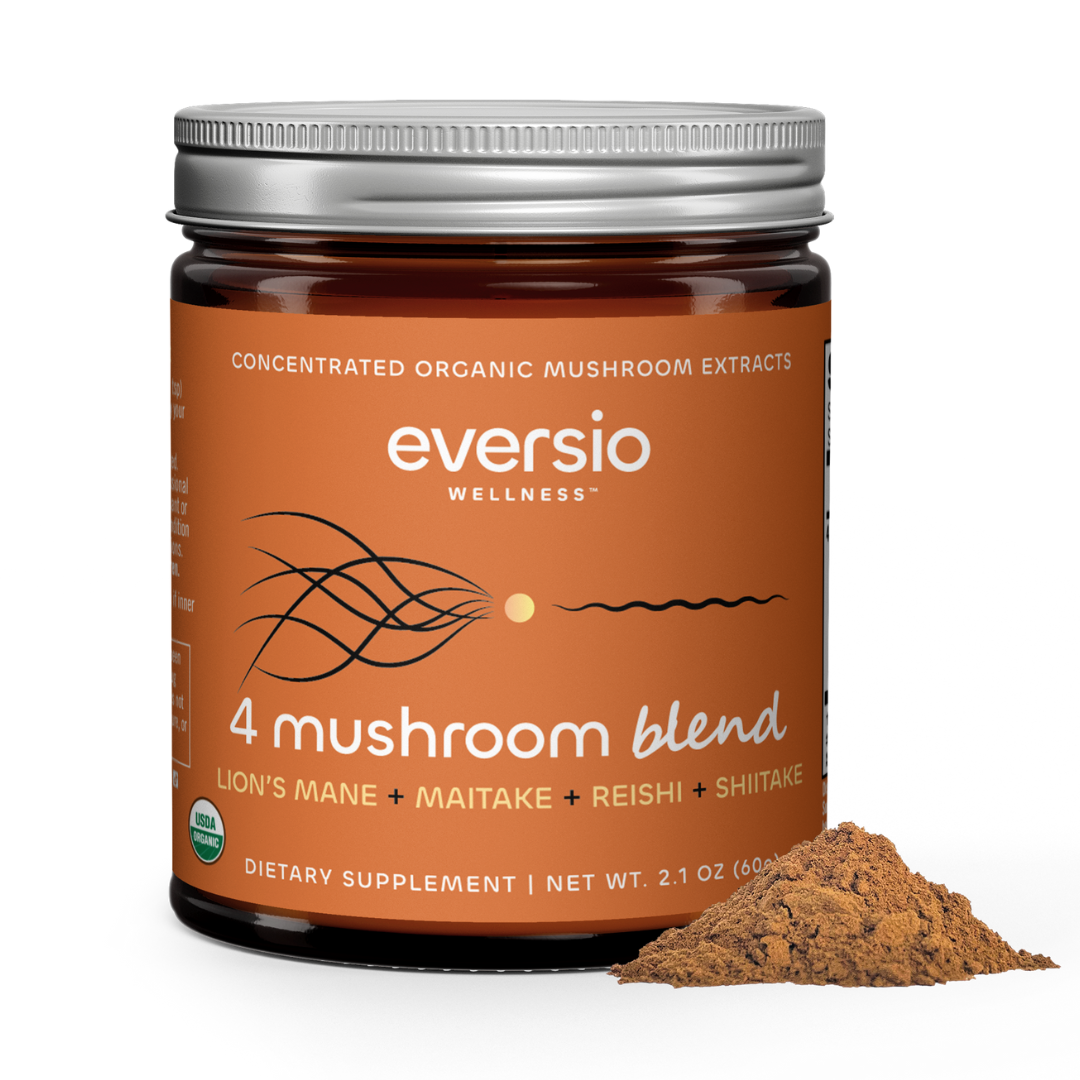


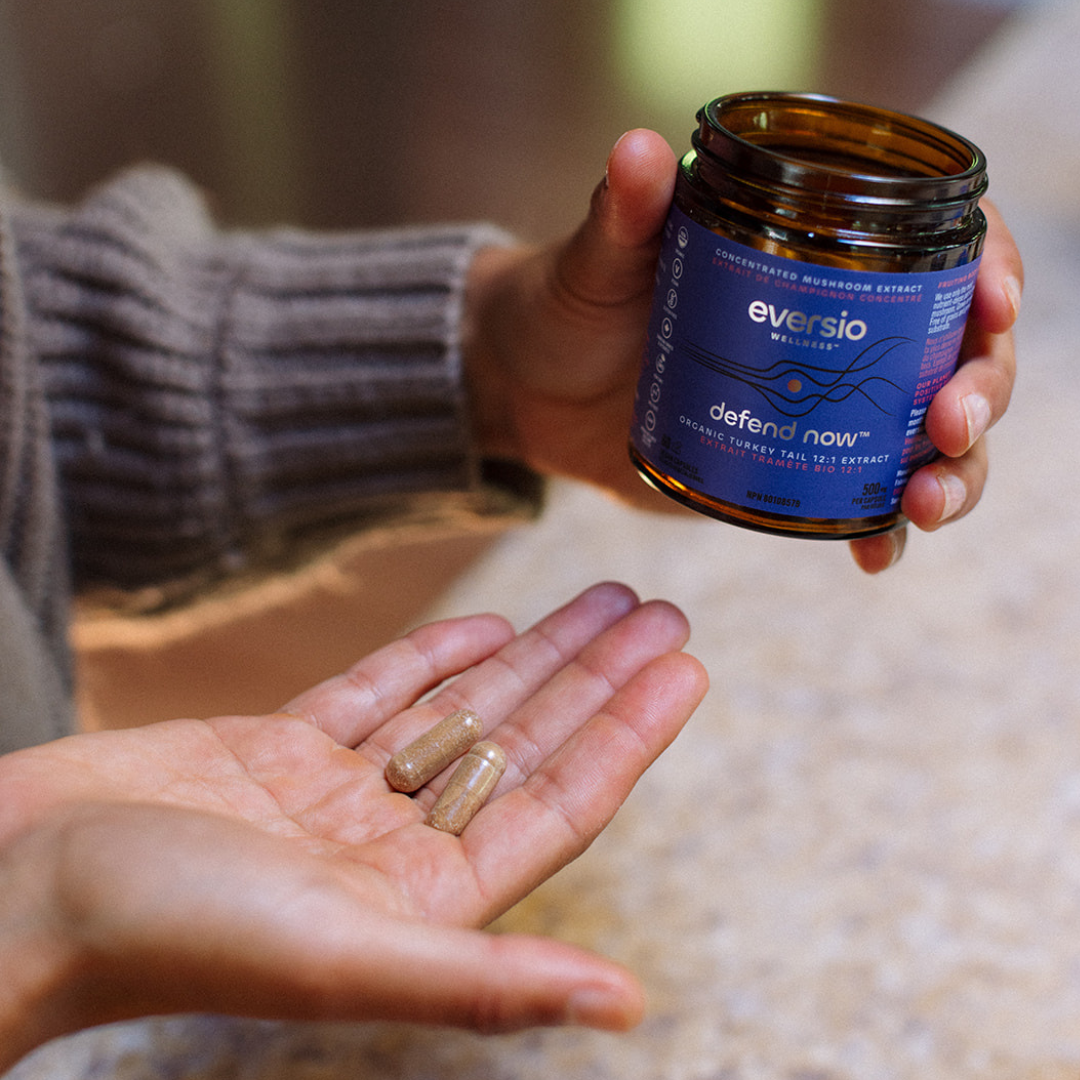
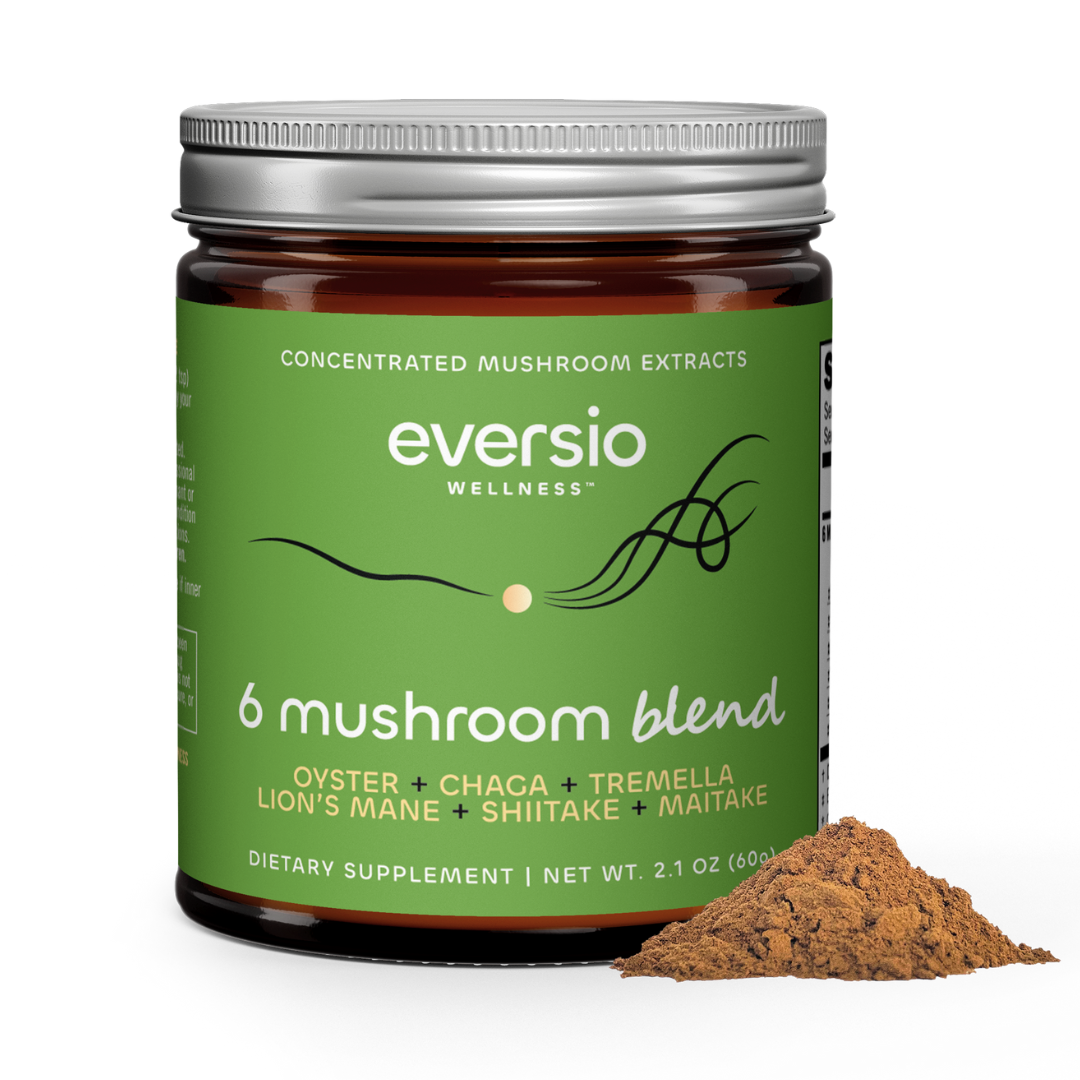
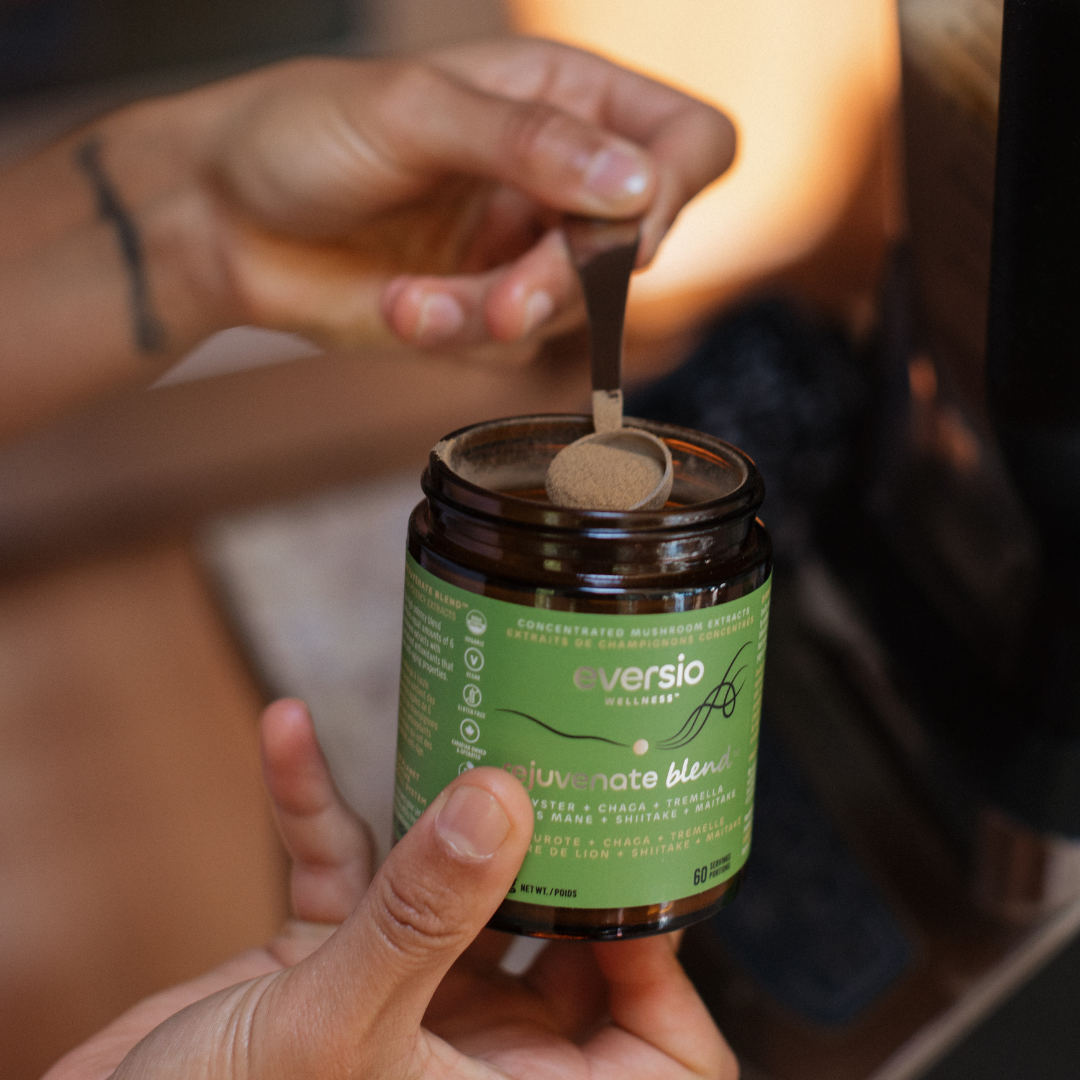
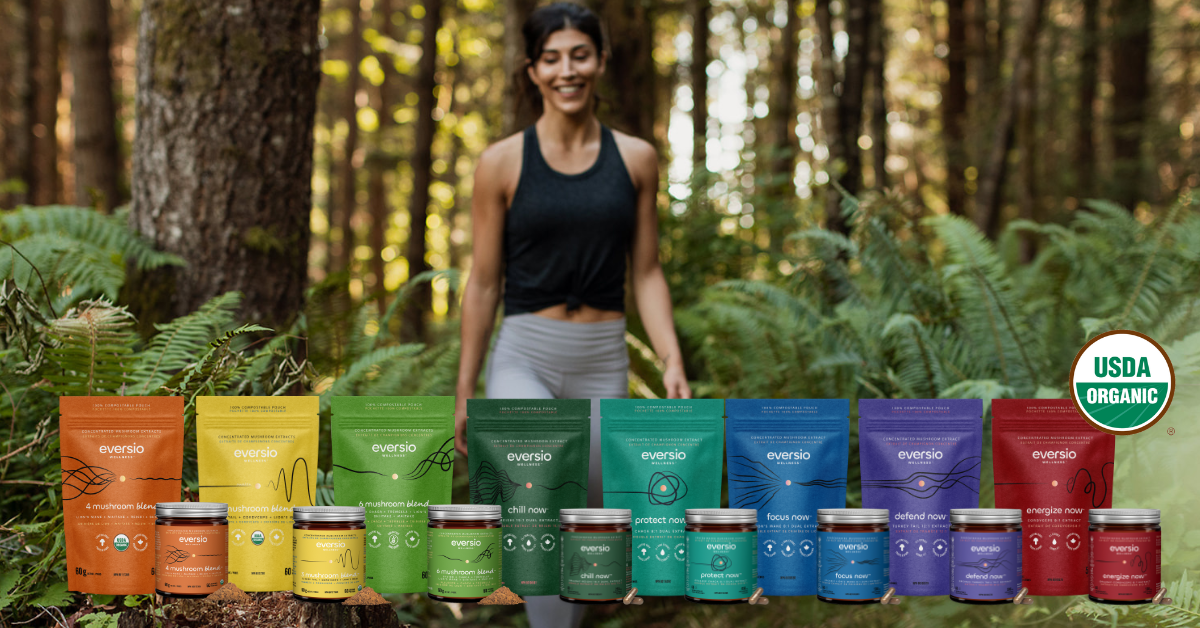







Leave a comment
This site is protected by hCaptcha and the hCaptcha Privacy Policy and Terms of Service apply.